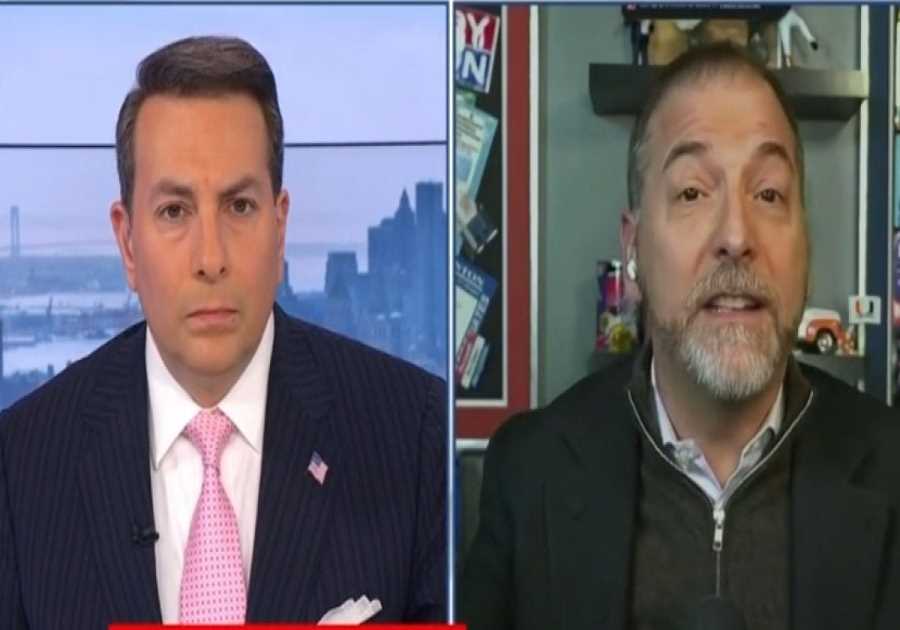Tax policy often reflects broader social priorities, and for decades, families with children have received the most favorable treatment. Between child tax credits, dependent deductions, and family-based incentives, households without dependents frequently pay proportionally more. As population trends shift and governments grapple with budget pressures, many wonder if the tax gap could grow wider. Will future tax structures increasingly favor parents and penalize those who choose to remain child-free? Understanding the evolving landscape can help households without dependents prepare for what’s ahead—and protect their financial standing.
1. The Current Tax Landscape for Households Without Dependents
Right now, the U.S. tax code provides several benefits that directly support parents. The Child Tax Credit, Earned Income Tax Credit, and Dependent Care Credit can all substantially reduce a family’s tax bill. Households without dependents, by contrast, receive few equivalent breaks aside from standard deductions or retirement incentives. While dual-income, no-kids couples often earn more, their effective tax rate is typically higher because they miss out on these family-targeted credits. This imbalance has long been accepted as a way to encourage child-rearing and offset family costs, but it leaves many wondering whether that approach is sustainable—or fair.
2. Shrinking Birth Rates Could Trigger Policy Shifts
As birth rates decline across the U.S. and much of the developed world, governments are facing an economic dilemma. Fewer children today mean fewer workers—and taxpayers—tomorrow. To address this, lawmakers may use future tax policies to incentivize parenthood through larger credits or deductions. While this could help counteract demographic challenges, it might also further disadvantage households without dependents. If that happens, couples and individuals who choose not to have children could find themselves subsidizing policies designed to promote population growth.
3. Rising Fiscal Pressure May Widen the Gap
Government debt and entitlement spending are both climbing, putting new pressure on tax systems. In the years ahead, lawmakers may target higher-income earners or dual-income couples to help fund expanding programs. Since many households without dependents fall into these higher-earning categories, they could shoulder a larger share of the tax burden. The absence of dependents means fewer deductions and credits to offset rising tax rates. If fiscal reform doesn’t account for this imbalance, single adults and child-free couples could effectively become the “default” funding source for government programs.
4. State and Local Policies Could Compound Federal Trends
While most attention focuses on federal tax laws, state and local policies also play a major role in shaping the financial outlook for households without dependents. Some states already provide extra tax relief or benefits for families, such as education deductions or property tax rebates tied to dependents. As state budgets tighten, similar measures could expand, widening the financial gap. Meanwhile, states with aging populations may introduce new taxes on higher-income earners to fund healthcare and pension systems. These regional variations could make location a key financial consideration for DINKs and singles alike.
5. Indirect Costs Could Increase for Child-Free Households
Even if direct tax rates don’t rise sharply, future fiscal changes could still disproportionately affect households without dependents. For instance, cuts to public benefits or the elimination of universal deductions could reduce their net income more significantly than that of families who receive child-related credits. Additionally, as aging populations grow, governments may reallocate resources toward elder care or healthcare systems, indirectly shifting more costs to those without dependents. Over time, this could create a subtle but persistent financial penalty for those outside the traditional family model.
6. Investment and Retirement Taxation May Shift Too
Future tax reforms might not just target income—they could also reshape how investments and retirement savings are taxed. Households without dependents tend to invest more aggressively and contribute heavily to 401(k)s, IRAs, and taxable portfolios. If capital gains or retirement withdrawals face higher taxation in the future, these households could be hit harder. Policymakers may view such changes as equitable, given the perceived “advantage” of not supporting children. To stay ahead, investors without dependents should prioritize tax diversification—balancing pre-tax, Roth, and taxable accounts to remain flexible under new rules.
7. The Political Narrative Around Fairness Is Changing
Taxation often reflects shifting cultural values, and the debate around fairness between parents and non-parents is heating up. Some argue that childless couples benefit from public education, healthcare, and infrastructure without contributing to the next generation’s development. Others counter that everyone pays into shared systems regardless of family status, and that lifestyle choices shouldn’t determine tax treatment. As this discussion grows louder, the risk increases that future tax policy could explicitly favor dependents as a matter of “social responsibility.” For households without dependents, staying informed and engaged politically will be crucial to ensure their voices are heard.
Planning Ahead for a Potentially Uneven Future
While no one can predict exactly how tax laws will evolve, it’s clear that households without dependents need to plan proactively. That means maximizing current tax-advantaged opportunities, such as Roth accounts, charitable deductions, and strategic investing. It also means staying flexible—both financially and geographically—should policies shift in favor of families. Awareness and preparation can help mitigate the risk of future tax penalties. Ultimately, understanding how demographic and political forces shape taxation will empower child-free households to protect their financial independence for the long term.
Do you think future tax policies will increasingly favor families over households without dependents? How should child-free couples prepare? Share your thoughts in the comments below!
What to Read Next…
Do DINKs Face a Hidden Retirement Tax Trap?
5 Overlooked Tax Credits That Even Accountants Miss
4 Financial Planning Moves To Reduce Taxes This Year
Financial Planning for Seniors: Leveraging Capital Gains Tax Exemptions
Maximizing Tax Savings: Strategies Under The New Tax Code
------------Read More
By: Catherine Reed
Title: Will Future Taxes Penalize Households Without Dependents?
Sourced From: www.dinksfinance.com/2025/10/will-future-taxes-penalize-households-without-dependents/
Published Date: Fri, 24 Oct 2025 12:00:55 +0000
.png)





